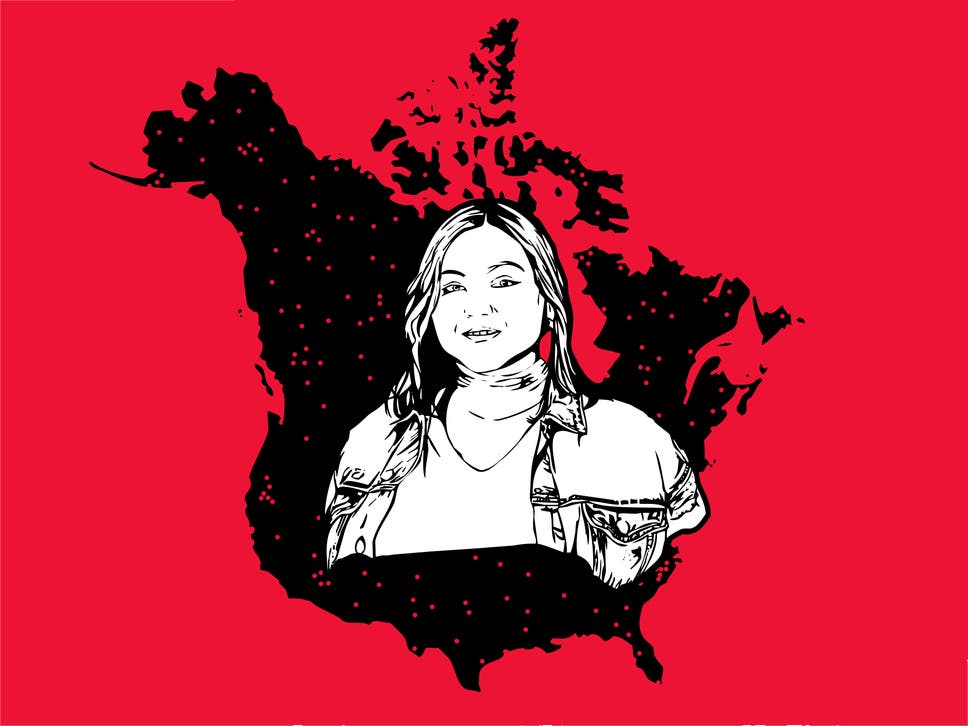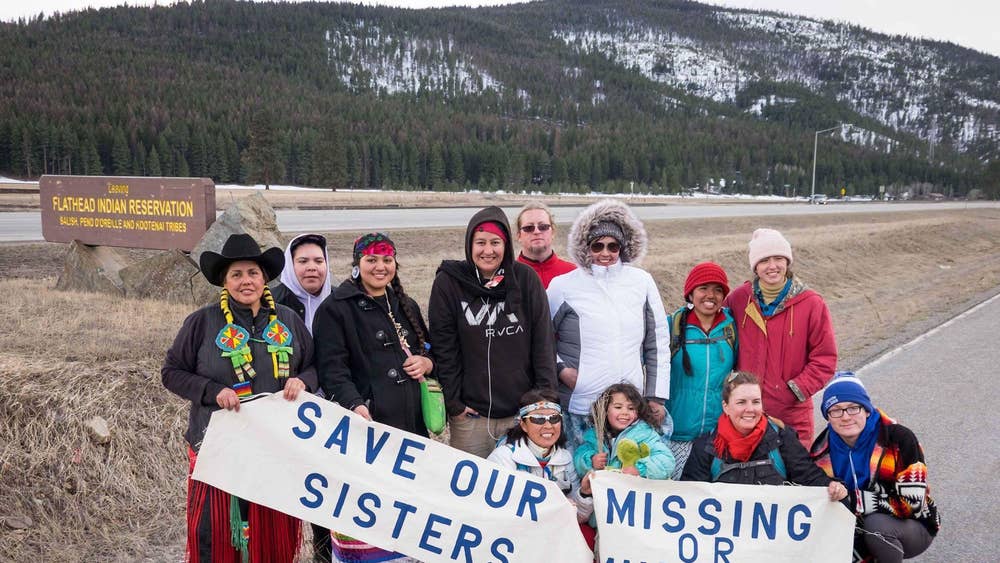BY THE CANADIAN PRESS
ORIGINALLY PUBLISHED:
AUG 15, 2018
TORONTO — Class-action lawyers who secured a landmark $750-million
compensation deal for Indigenous victims of the ’60s Scoop have been
left in fee limbo amid conflicting views as to how much they deserve.
Under the settlement, which required separate approvals from both
Federal Court and an Ontario court, Ottawa agreed to pay $75 million to
the law firms involved.
The lawyers further agreed to split the
fees 50-50 between the two groups — one group comprising the Toronto
lawyers who began the case in Superior Court in 2009, the other
comprising three firms who pursued their action through Federal Court.
In June, Federal Court Judge Michel Shore approved the $37.5 million
earmarked for the lawyers in his court. The amount was “fair and
reasonable” and amounted to less than 10 per cent of the overall global
payment, said Shore, who had helped mediate settlement discussions.
Ontario Superior Court Justice Edward Belobaba, however, took a much dimmer view of the fee deal.
He delivered a blistering indictment of the agreement, calling $75
million in fees rich beyond reasonable and the system for compensating
class-action lawyers broken. He also railed at the split, saying the
Federal Court lawyers simply didn’t deserve anywhere near half the
total, or $37.5 million.
“This decision was a bolt of lightning
on this topic,” said Kirk Baert, who represents one of the three groups
of Federal Court lawyers.
Belobaba did sign off on the
class-action settlement, but only after the lawyers on the Ontario end
agreed the fee issue would be resolved separately. The Federal Court
lawyers, however, balked at re-opening the arrangement.
“Why
would class counsel, after the bargain has been struck and after we’ve
lost all our leverage by going for a settlement approval, agree to take
less?” Baert said. “The answer is: We’re not going to.”
Still, in
light of the change to the Ontario deal, the national lawyers headed
back to Federal Court to again secure approval for their end of the
class action.
As Shore had done previously, Federal Court Judge
Michael Phelan signed an order on Aug. 2, with the agreement of the
parties involved, approving both the settlement and $37.5 million in
fees for the lawyers in his court.
According to one source who
asked not to be named given the sensitivity of the matter, Belobaba had
expected a full hearing in Federal Court on the lawyer fees. After
receiving Phelan’s order on Aug. 3, the source said Belobaba began
asking for details about what Phelan’s decision had been based on.
Days later, Phelan wrote the Federal Court parties to ask for
“submissions on the current motion for approval of fees.” Two days
later, he further wrote that nothing in his order “should be taken as
either explicitly or implied approval of counsel’s fees.”
“His directions have left a little bit of confusion,” Baert said. “(But) these fees have now been approved twice. It’s done.”
A telephone conference with Phelan and the lawyers involved aimed at clarifying the situation is set for Thursday.
Belobaba appears to be awaiting the outcome of those discussions before deciding how much the Ontario lawyers deserve.
Morris Cooper, who along with Toronto lawyer Jeffery Wilson was
instrumental in reaching a settlement in the Ontario case, said Belobaba
should accept that the national lawyers have been awarded $37.5 million
and approve the same amount for the Ontario group.
“I’m hopeful
he will conclude that we shouldn’t be penalized if he’s dissatisfied
with how the Federal Court has dealt with it,” Cooper said. “That would
be grossly unfair in our view based on his own findings that we were the
ones who did everything and deserve at least twice as much as them.”
Baert, who called Belobaba’s views “mystifying,” said it would be up to
the legislature or appeal courts to make any changes to how
class-action lawyers are compensated. The judge’s view that fees should
be calculated differently for settlements over $100 million makes no
sense, Baert said.
“Class actions don’t happen in a vacuum,”
Baert said. “Law firms bring them and they pay for them. So when they do
their jobs, they should get paid and they should get paid what the
defendant agreed to pay.”
The fee issue has no bearing on how
much will be paid to victims of the ’60s Scoop — Indigenous children who
lost their cultural heritage after being taken from their homes and
placed with non-Indigenous families. Each will receive between $25,000
and $50,000, depending on how many file claims.
 The upcoming daylong IHRC symposium called Migration
Across the Global Regimes of Childhood, will be held on Friday, September 21, conceived and organized by Dr. Kelly Condit-Shrestha.
The symposium introduces such categories as "childhood" and "childhood
studies" to
rethink the field of migration studies generally. But it goes further.
It promises to engage directly with the contemporary problem,
particularly the current administration's family separation policy. Our
keynote speaker, Laura
Briggs of UMass Amherst will guide us through the challenge of
facing reality and connecting the past to the present. Taken from their
parents at the border, migrant children are being detained in Custom and
Border Protection facilities across the country.
Variations of historical memories of state-sanctioned violences have
already been recalled in the aftermath of this policy of "zero
tolerance." Condemnations came from many corners, drawing lines to
connect the off-reservation Indian
boarding school experience, the World War II Japanese American
incarceration, and the systematic denial of Black family formations so
central to the American institution of racial slavery and punishment to
the present crisis. The IHRC's first symposium of
this academic year will issue a stark reminder of still present colonial
and racial pasts and in so doing recast emergent conversations on what
the historian Tera Hunter calls "the
long history of child-snatching."
The upcoming daylong IHRC symposium called Migration
Across the Global Regimes of Childhood, will be held on Friday, September 21, conceived and organized by Dr. Kelly Condit-Shrestha.
The symposium introduces such categories as "childhood" and "childhood
studies" to
rethink the field of migration studies generally. But it goes further.
It promises to engage directly with the contemporary problem,
particularly the current administration's family separation policy. Our
keynote speaker, Laura
Briggs of UMass Amherst will guide us through the challenge of
facing reality and connecting the past to the present. Taken from their
parents at the border, migrant children are being detained in Custom and
Border Protection facilities across the country.
Variations of historical memories of state-sanctioned violences have
already been recalled in the aftermath of this policy of "zero
tolerance." Condemnations came from many corners, drawing lines to
connect the off-reservation Indian
boarding school experience, the World War II Japanese American
incarceration, and the systematic denial of Black family formations so
central to the American institution of racial slavery and punishment to
the present crisis. The IHRC's first symposium of
this academic year will issue a stark reminder of still present colonial
and racial pasts and in so doing recast emergent conversations on what
the historian Tera Hunter calls "the
long history of child-snatching."






























